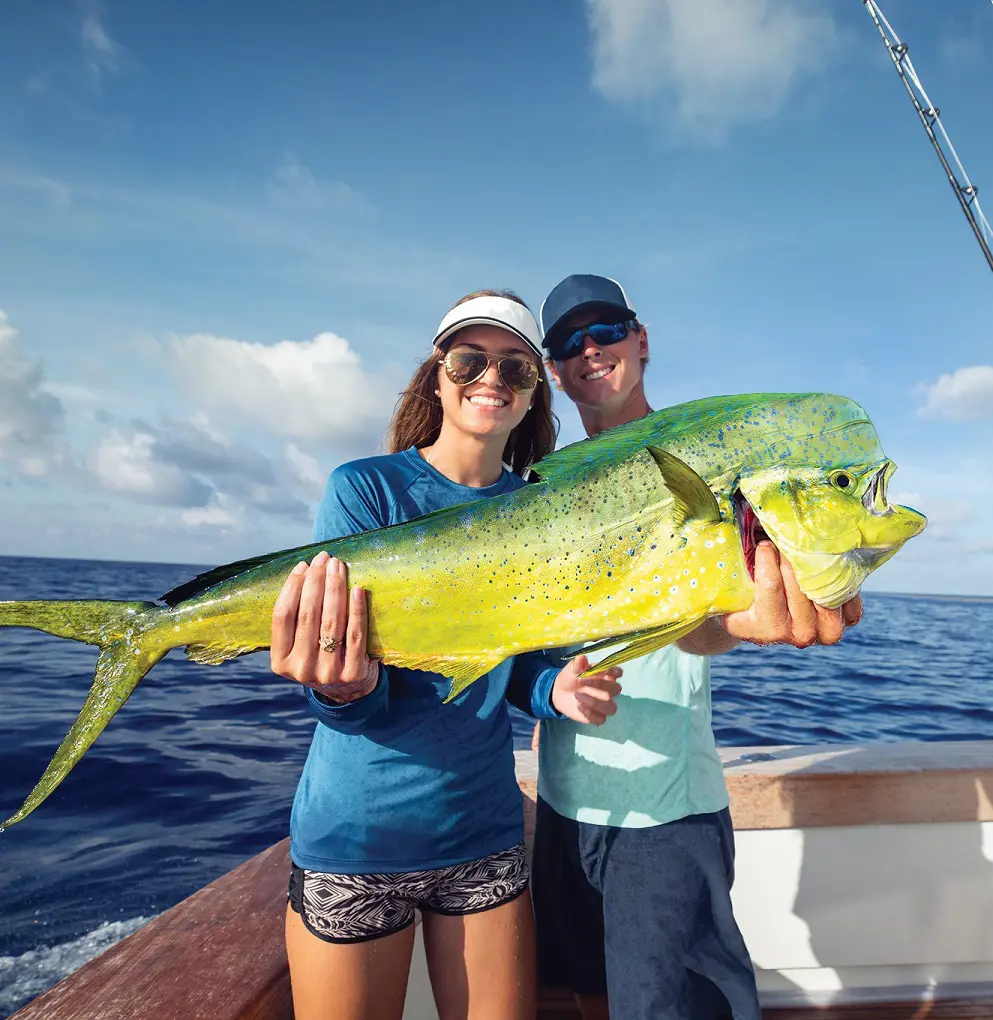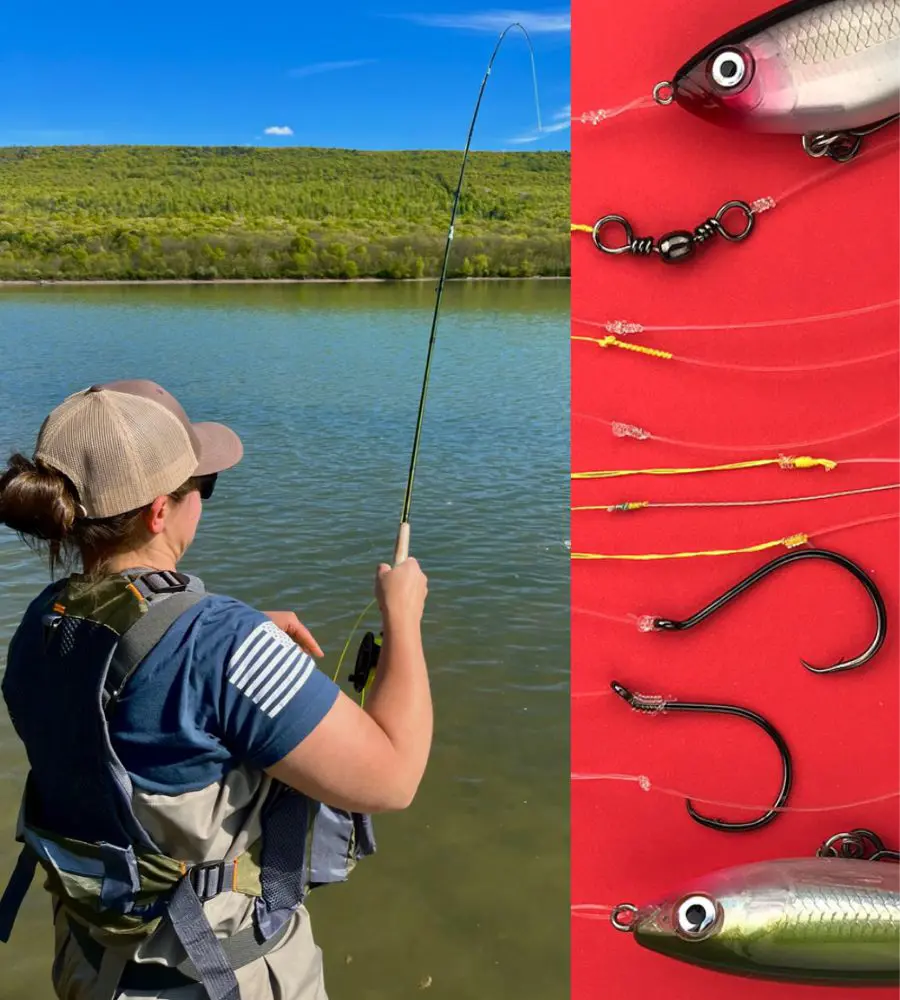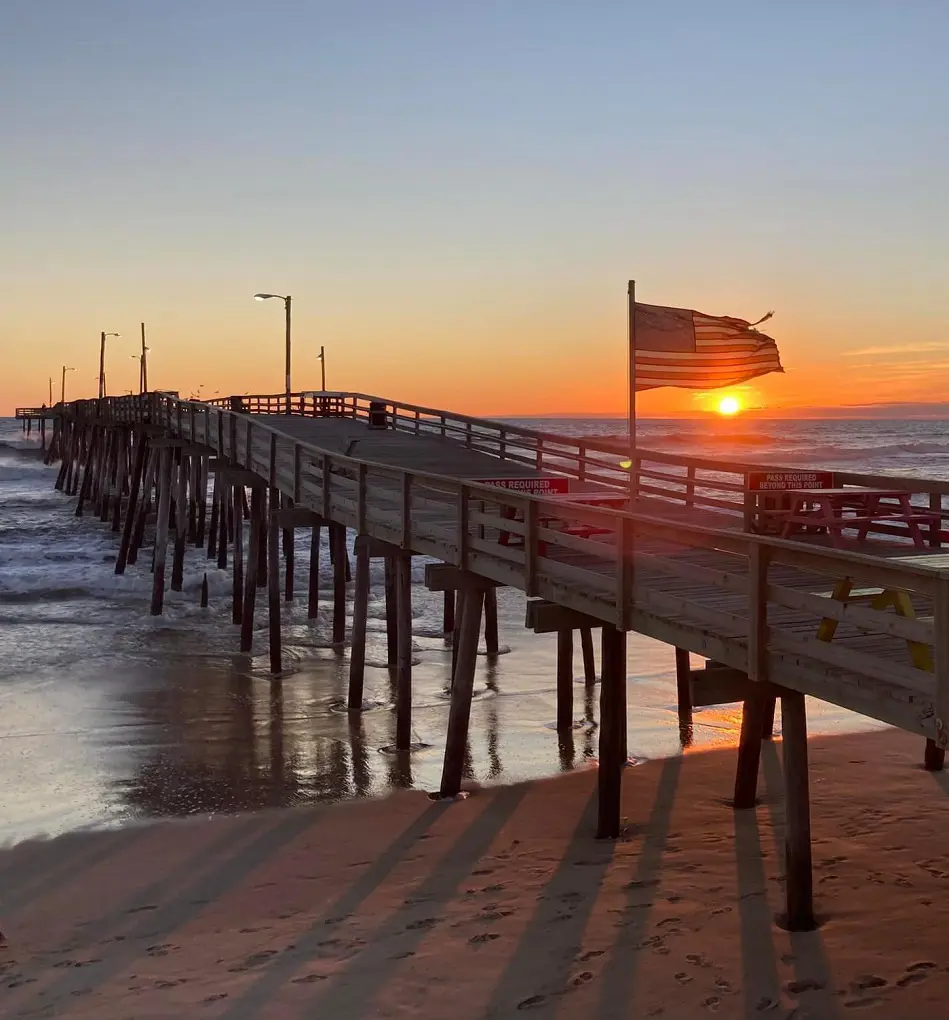A fishing license in Florida provides a significant source of funding for fish and wildlife services and preservation projects. The money spent on them supports the habitats and ecosystems that they live in.
Location-specific regulations exist for fishing licenses. For both residents and tourists, the majority of states have different licenses for freshwater and saltwater, in addition to special permissions. One of the most well-liked fishing locations in North America is Florida. It supports hundreds of species that live in both coastal and interior waterways.
Who Needs To Get Florida Fishing Licenses
Residents aged 16 to 65, as well as non-residents over the age of 16 (who are not exempt), have to have a Florida fishing license. Even catch-and-release fishermen require a fishing license. This condition is applicable even to freshwater fishing trips with a captain.
Individuals of age (who are not excluded) must have a saltwater fishing license for fishing for saltwater fish privately in Florida, whether from the ocean, lagoons, or bays. Saltwater anglers on a saltwater fishing charter with a certified captain do not require a saltwater fishing license because it is covered by the captain's license. Florida locals can obtain an accessible shoreline fishing license, allowing them to fish for saltwater species from land.
Since Florida does not grant non-residents discounted licenses, any non-resident who is older than 16 must get a normal non-resident license. Seniors who are not residents, active and retired military members, and those with impairments are all covered by this law.
Importance of a Fishing License in Florida
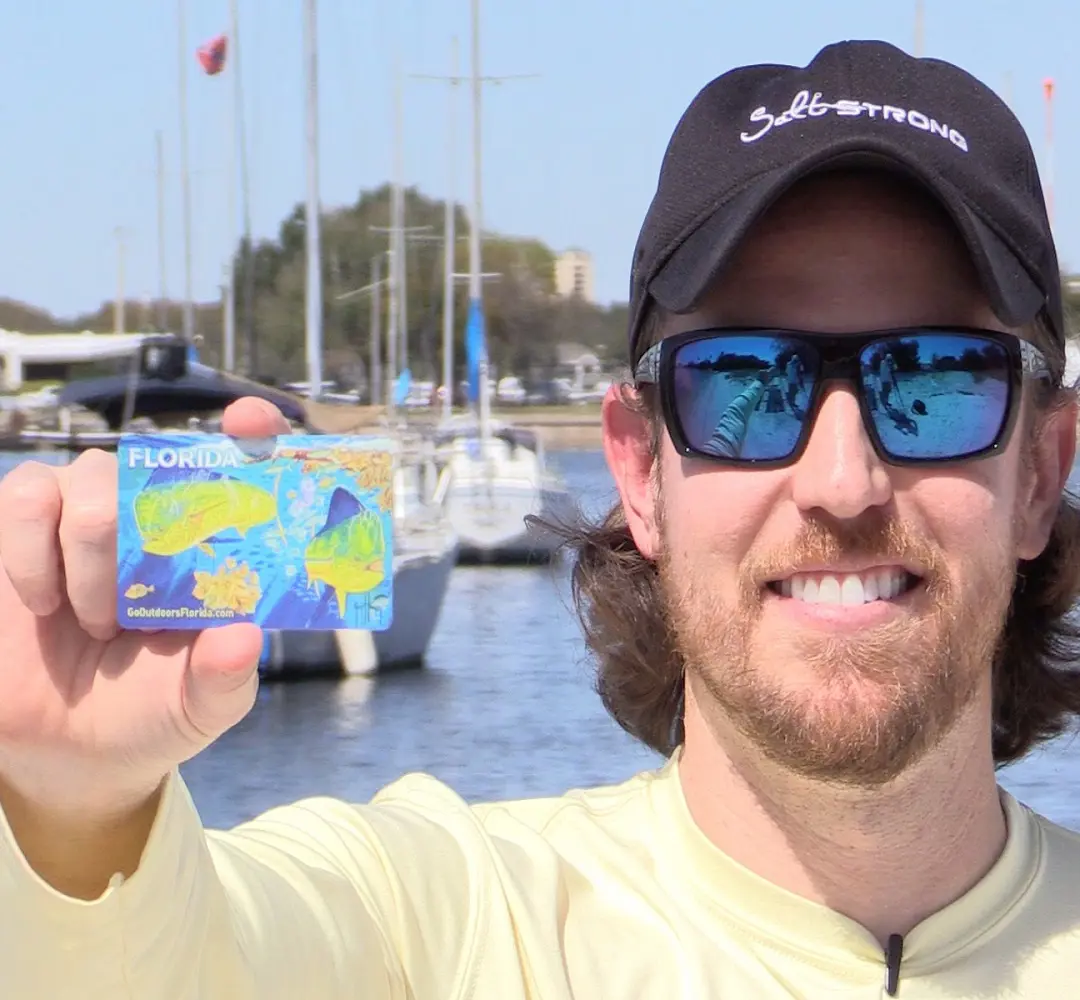
With its abundance of freshwater and saltwater fishing locations, Florida is regarded as one of the world's best fishing destinations. To take advantage of everything the fishing Florida has to offer, all you need to do is get a valid fishing license.
Helps in Funding Anglers' Educational Programs
Fishing is a popular recreational activity, and most public state freshwater or saltwater bodies of water need a license to fish. A fishing license, however, does more for you than just keep you out of trouble, it provides funding for angler education initiatives that support environmentally friendly fishing methods.
Hence, it's important to know what kind of fishing licenses and permits are required for the places you want to fish in order to avoid incurring fines. Understanding the laws and guidelines governing open and closed seasons, as well as the bag and size restrictions for the species you are targeting, is crucial for every state.
Conservation Efforts
The fundamental goal of a fishing license is to help protect fish populations and ecosystems. License fees support critical conservation initiatives such as habitat restoration, fish stocking, and pollution management.
These activities assure the long-term viability of fish populations and the health of ecosystems, both of which are critical for biodiversity and ecological balance. This means more attractive fishing spots and more fish on your line.
Types of Fishing Licenses in Florida
Depending on the kind of fishing you do, Florida offers multiple types of licenses for different kinds of fishing, and they are explained in detail below:
Recreational Licenses
Unless they qualify for an exemption, both residents and visitors to Florida must have a recreational license in order to fish. There are two different kinds of recreational licenses based on the kind of fishing (freshwater or saltwater). The key aspects are as follows:
Freshwater License
To attempt or catch a native or non-native fish from freshwater, one must have a freshwater license. Non-residents have the option to pick between a 3-day ($17.00), 7-day ($30.00), or yearly ($47.00) license, while locals may choose to have a five-year ($79.00) or annual ($17.00) license.
Saltwater License
To catch or try to get marine plants or saltwater species, be it native or non-native, you need a saltwater license. Residents may choose between annual ($17.00) or five-year ($79.00) licenses, which are similar to those for freshwater.
Non-residents can choose from three-day ($17.00), seven-day ($30.00), or yearly ($47.00) licenses. Also, a combined freshwater and saltwater fishing license at an affordable rate is available to both residents and non-residents.
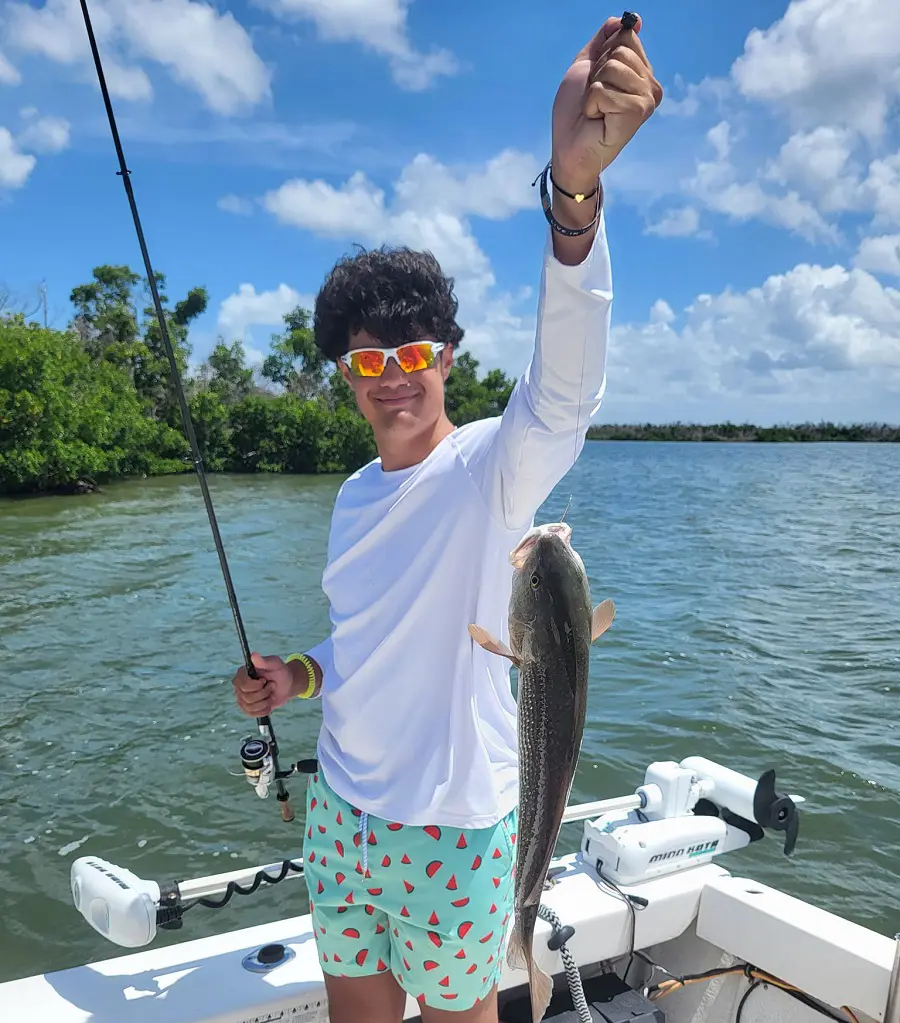
Resident License
You must have claimed Florida to be your exclusive state of residence or have been a member of the US Armed Forces stationed there in order to be considered a resident when applying for a fishing license. Also, you have the option of getting a combination license for a certain amount of time, or a separate license for freshwater and saltwater, which you may renew when it expires.
Non-Resident License
A normal fishing license is required for non-residents over the age of 16, including elders over 65, veterans of the armed forces, and those with disabilities. As long as they have both a driver's license and a social security number, anyone can apply for a license. Like residents, you can choose to get a combination license or a separate license for freshwater and saltwater.
Senior Citizens (65+) License
If a Florida resident is 65 years of age or older, they are exempt from purchasing a freshwater or saltwater recreational fishing license. On the contrary, individuals may show their age and residence with a Florida driver's license or ID card.
Non-residents over 65, on the other hand, are exempt from the law and must get a regular Florida fishing license.
Disabled Person License
The Florida Fish and Wildlife Conservation Commission (FWC) offers free or discounted fishing licenses to citizens of Florida with disability. Those who are completely or permanently disabled can claim it.
Thus, applicants must present proof of citizenship and disability documents, such as a certificate from the military services, the U.S. Veterans Administration, or the Social Security Administration, in order to obtain the license.
How to Apply for a Florida Fishing License Online
A fishing license for Florida can simply obtained online. There are licenses covering either freshwater or saltwater, as well as combo licenses covering both. Online at GoOutdoorsFlorida.com or via the Fish Hunt FL app, licenses can be obtained.
Here is how you can apply online:
- Make a new account or sign in with an already existing one.
- Depending on your age, fishing type, and place of residence, choose the right license.
- Give the required information, such as your DOB, contact information, and evidence of residency.
- You can use a credit or debit card to pay the licensing cost.
- You may download or print your license right away when your payment has been approved.
How and Where to Purchase a Fishing License in Florida
In Florida, obtaining licenses and permits for outdoor activities is a simple procedure with a variety of practical possibilities. The approved site for fishing and hunting license is GoOutdoorsFlorida.com, where residents and tourists can buy or apply their licenses online.
Local licensing agents and tax collectors' offices provide licenses for those who would rather deal with people directly with them. As an alternative, people may get fishing or hunting licenses by calling certain toll-free numbers.
Outdoor enthusiasts can secure their license on-the-go by downloading the Fish | Hunt FL App, which is compatible with both Apple and Android smartphones. With so many alternatives available, it's certain that everyone can get the documentation that they need to legally and properly take advantage of Florida's outdoor recreational activities.
Fishing License Exemptions in Florida
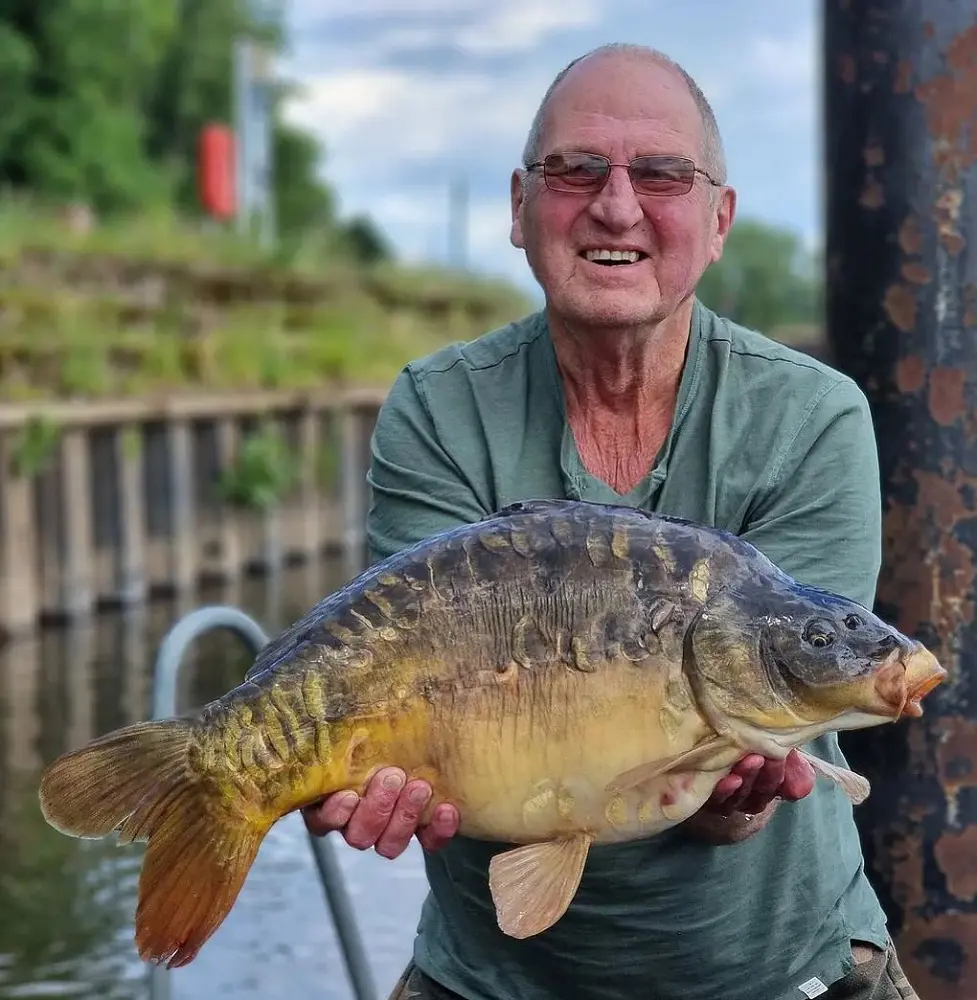
Residents of Florida are exempt from the need for a fishing license in the following situations:
- Children who are younger than sixteen.
- Adults over 65 (must present proof of residency, such as a driver's license or identity card).
- Individuals who hold a Florida Resident Disabled Person's Hunting and Fishing License.
- Active service or military veterans stationed in Florida or those on a minimum 30-day leave of absence.
- Residents that own a pond of more than or equal to 20 acres or pay a license fee of three dollars per surface area.
The following people are not required to get a fishing license to fish in freshwater:
- Fishing at the pond that's on your land.
- Fishing at Lake Seminole, St. Mary's River, or on a free freshwater fishing day with an active Georgia fishing license
- Those who hold a commercial fishing license for freshwater residences.
- Locals who don't have a fishing line retrieval mechanism and who go fishing for recreational purposes.
Besides that, there are a few saltwater fishing license exceptions:
- Residents who the Agency has accepted for Persons with Disabilities as totally or permanently disabled. You might need to provide documentation of your residency and impairment to get certified.
- Those with an active charter license fish in saltwater from a vessel that is available for hire, such as a charter, guide, boat, or party.
- Individuals fishing on a free day for saltwater fishing.
- Those who are fishing from the pier and have an existing saltwater pier license.
- Those who possess a valid saltwater products license or FWC charter captain license.
- Residents who go fishing for non-commercial activities using live bait and poles or lines.
A non-resident license has some exceptions, similar to a resident license, such as:
- Youngsters under sixteen years old.
- Those who are licensed to fish in saltwater and are fishing from a vessel or a vessel that they are renting.
- Fishing on a free day for fresh or saltwater fishing.
- Military personnel who are on leave in Florida for a minimum of 30 days but are not stationed there.
Fishing Tips in Florida
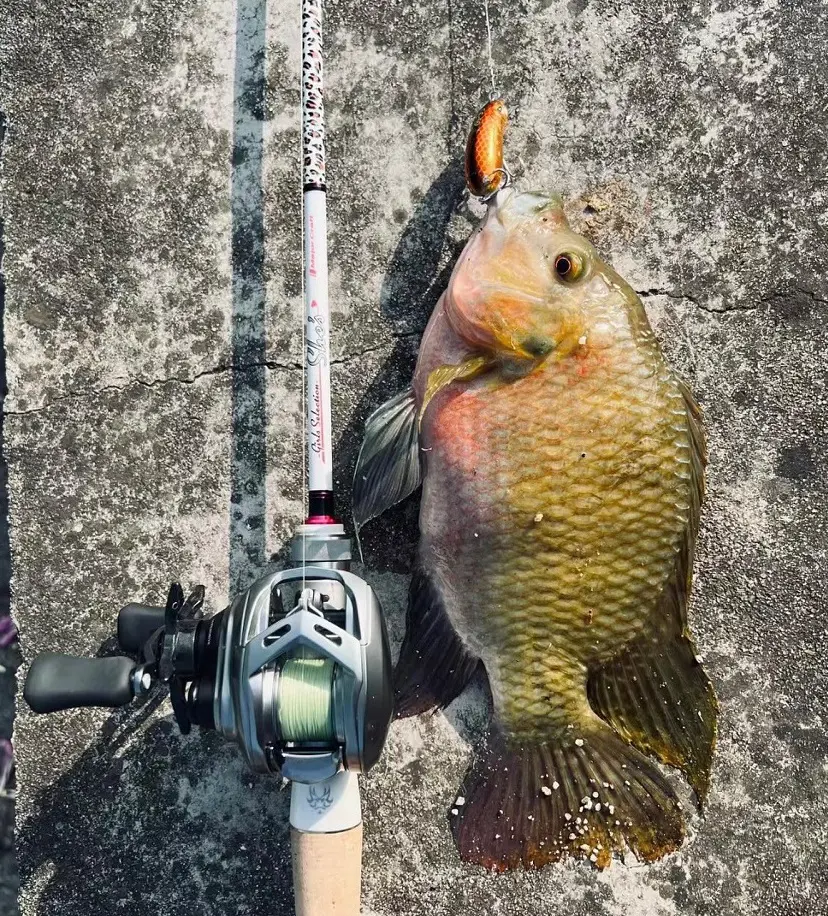
Some quick tips to fish in Florida are:
- The summer and spring seasons are the best time to fish.
- Popular fish species include sailfish, largemouth bass, catfish, crappie, king mackerel, tarpon, snapper, mahi mahi, amberjack, etc.
- The top destinations for fishing in Florida are Destin, Tampa Bay, Panama City Beach, Miami, Naples, and a few others.
- The things that you need to take for fishing in Florida are Rod and Reel Combo, Swivels, Fishing Weights, Hard Bait, Fishing line, Needle nose pliers, In-line spinner lures, Fishfinder, Bobbers, Crimpers, and Tackle Box.
- Lastly, fishing techniques like jigging, topwater fishing, casting, fly fishing, and bottom fishing are important to learn.
Renewing Fishing License in Florida
Renewing your fishing license in Florida is not a difficult task, as it is very easy and won't even take long. You need to remember or save the login details of the account of Florida Fish and Wildlife Conservation Commission online account.
You need to renew it at least one day before the fishing license expires or else you can simply enable the auto-renew feature within your Florida Fish and Wildlife Conservation Commission online account. It is as simple as that. However, certain fees will be charged to renew the fishing license.
The renewal of fishing license fees in Florida depends upon several components, which might contain the type of license that can be resident, non-resident, and a few others.
Where to Fish in Florida?
Florida is known for being one of the best fishing spots, has lots of places to fish and they are:
- Islamorada
- The Everglades
- Key West
- Tampa Bay
- Marathon
- Tavernier
- Sarasota
- St. Augustine
- Panama City Beach
- Miami
Free Fishing Days in Florida
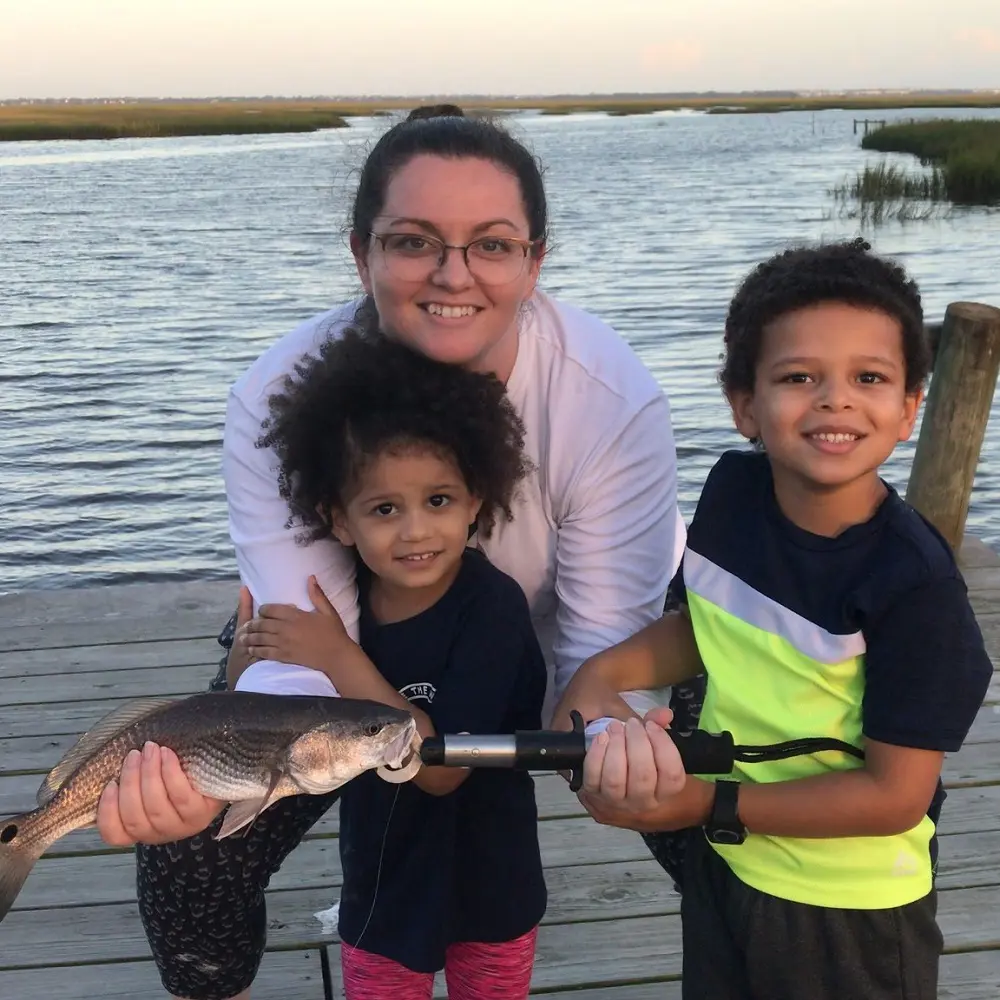
Apart from those from the exempt list, all others need a license to fish but there are some days when you don't need a license to fish, and those days are:
License-free Freshwater Days:
- First successive Saturday and Sunday in April.
- The second successive Saturday and Sunday in June.
License-free Saltwater Days:
- First consecutive Saturday and Sunday in June.
- First Saturday in Sept.
- Saturday following Thanksgiving on Nov 30, 2024.
Penalties for Fishing Without License in Florida
Having a license for fishing is not an option but a compulsion, so if you are caught fishing without a license, then you might get a citation and will have to pay some penalty. The penalties start from $50 and can go beyond it.
For your knowledge and reference, we have listed the fines and penalties that one will have to pay if caught ignored.
- For residents, a fine of up to $50 for the first offense, and up to $100 for subsequent offenses.
- For non-residents, a fine of up to $100 for the first offense as well as $250 for subsequent offenses.
- If you are caught fishing over the bag limit, then you could be fined up to $500 per violation.
- If you are caught fishing undersized fish, you will be fined up to $100 per fish.
- If you use forbidden gears then you might have to end up paying $500 as a fine.
- You can't fish during a close season if you are found fishing during that time. you could be fined up to $500.
- If you fish in a restricted area, you will be charged up to $500.
- You could be fined up to $2,500 or even more if you are caught harvesting protected or endangered species.
Please note that these fines could vary and might not be the same all the time. Hence, you might have to give up on your fishing license for a lifetime if you are fishing without a valid license and no wonder have to pay some big penalties for the illegal action that you committed.
